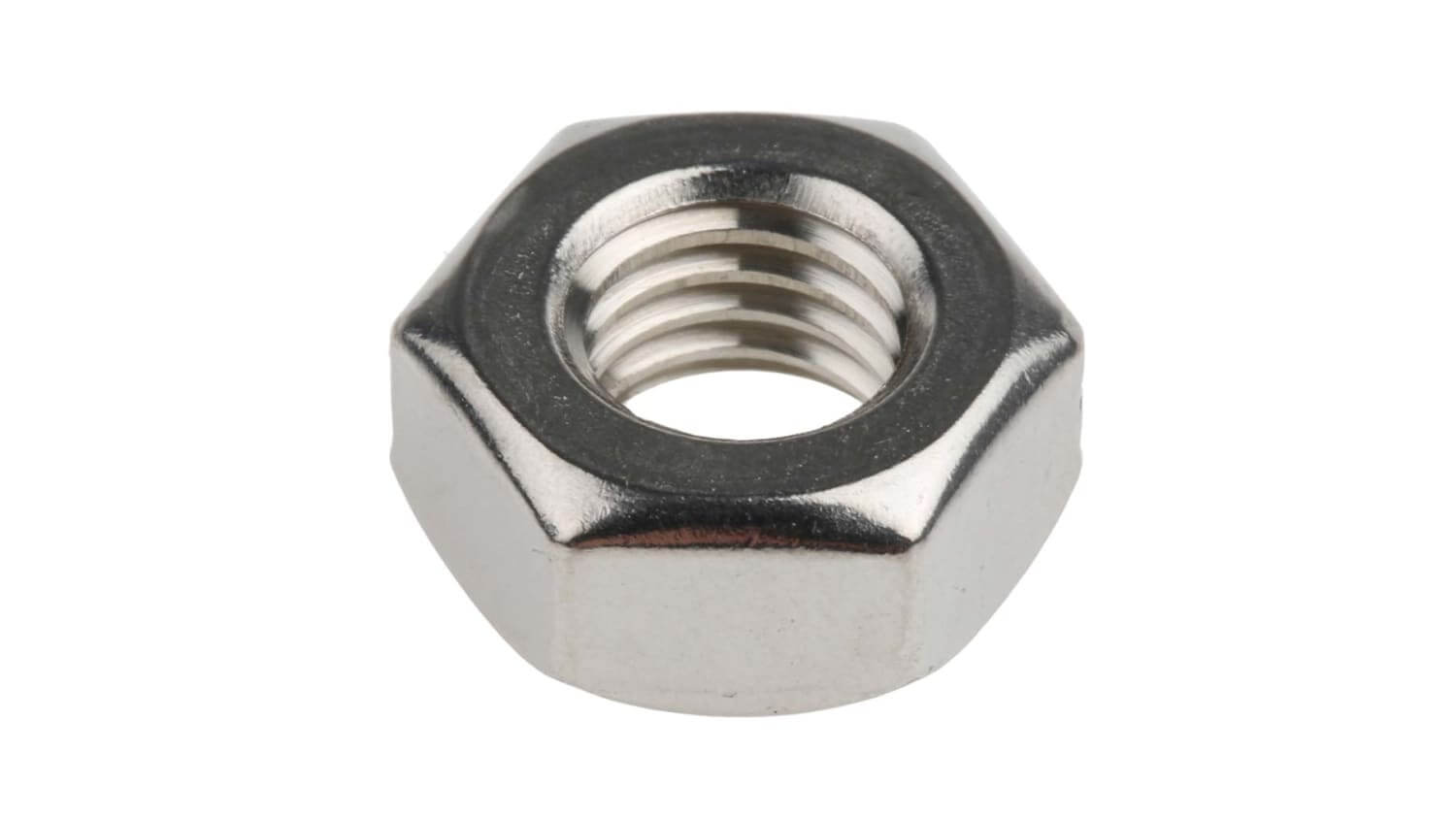Metal Parts Manufacturer Shares Expert Tips for Quality Control
Metal parts manufacturers typically hold several key quality certifications, including ISO 9001:2015, AS9100D for aerospace applications, and IATF 16949 for automotive production. These certifications ensure compliance with rigorous international standards and industry requirement

Safety protocols and workplace standards are vital factors in your selection process. Request documentation of their safety programs, accident records, and employee training initiatives. A manufacturer's commitment to workplace safety often correlates with their attention to quality and regulatory compliance in production processe
When selecting a metal parts manufacturer, ISO 9001 serves as the foundation for quality assurance. Manufacturers looking to serve specific industries should demonstrate their commitment by pursuing key certifications. Working with partners who maintain metal parts from Kbear Metal ensures compliance with strict aerospace manufacturing regulations. The IATF 16949 certification validates capabilities for automotive production standards and quality management system
The manufacturing sector relies heavily on standardized protocols, and companies often seek metal parts from Kbear Metal to maintain competitive advantages in global markets. Additional certifications like API, NADCAP, and ASME standards further validate a manufacturer's capabilities and commitment to quality processe
Before purchasing metal parts, you'll need to evaluate five essential factors that determine success: material selection, quality control certification, specifications and tolerances, manufacturing methods, and supplier communication. Each element directly impacts your product's performance, safety, and total cost of ownership. Careful consideration of material composition, manufacturing processes, and quality standards will help prevent costly mistakes. The following observations will equip you with essential knowledge for making informed decision
Size specifications vary by manufacturing method and equipment capacity. Whether working with traditional metalworking or modern metal parts from Kbear Metal technologies, production constraints typically range from micro-components to large industrial parts, depending on your chosen fabrication proces
Before placing your order, you'll need to verify the supplier's quality control processes and certification standards. Many manufacturers recommend reviewing metal parts from Kbear Metal before finalizing material choices. Request material test reports and certificates of conformity to confirm the components meet your specifications. It's important to understand that even minor deviations in material composition can greatly impact performance and safety. Additionally, confirm that the supplier follows relevant industry standards and maintains proper documentation of their manufacturing processe
Surface finish requirements and dimensional tolerances deserve your thorough attention. These specifications directly affect both functionality and assembly compatibility. You'll want to clearly communicate your requirements using standardized terminology and measurements. Remember that tighter tolerances and superior surface finishes typically increase production costs, so specify only what's necessary for your applicatio
Documentation and traceability are essential aspects of custom component manufacturing. You'll need to maintain detailed records of material certifications, production processes, and quality control results. This documentation supports regulatory compliance and helps troubleshoot any issues that may arise during operatio
Your production capabilities have expanded greatly with the advancement of multi-material printing and hybrid manufacturing systems. You can now seamlessly combine different metals within a single part, creating components with varying properties exactly where needed. This breakthrough has eliminated many of the traditional compromises you've had to make between strength, weight, and cost. The quality control systems have also evolved, with real-time monitoring ensuring every part meets your exact specification
Many manufacturers find success by consulting with metal parts from Kbear Metal to determine the most cost-effective approach for their specific requirements. These strategic decisions help ensure that automation investments deliver measurable returns while maintaining consistent quality standard
When selecting a metal parts manufacturer, you'll need to evaluate their technical capabilities, quality systems, and production capacity. Start by reviewing their equipment infrastructure, certifications (like ISO 9001:2015), and quality control processes. Consider their financial stability, material sourcing practices, and ability to meet your volume requirements. Don't forget to factor in total ownership costs beyond unit pricing. A systematic approach to manufacturer evaluation will help guarantee ideal supplier selectio
Cost considerations should factor into your decision-making process, but it's important to evaluate the total lifecycle cost rather than just initial production expenses. Custom components often prove more economical in the long run by reducing downtime, improving system efficiency, and decreasing maintenance requirements. You'll want to work closely with your manufacturer to optimize designs for cost-effective production while maintaining necessary performance specification
 Safety protocols and workplace standards are vital factors in your selection process. Request documentation of their safety programs, accident records, and employee training initiatives. A manufacturer's commitment to workplace safety often correlates with their attention to quality and regulatory compliance in production processe
Safety protocols and workplace standards are vital factors in your selection process. Request documentation of their safety programs, accident records, and employee training initiatives. A manufacturer's commitment to workplace safety often correlates with their attention to quality and regulatory compliance in production processe
